The Worst Thing About The Star Wars Prequels Could Have Fixed The Sequels
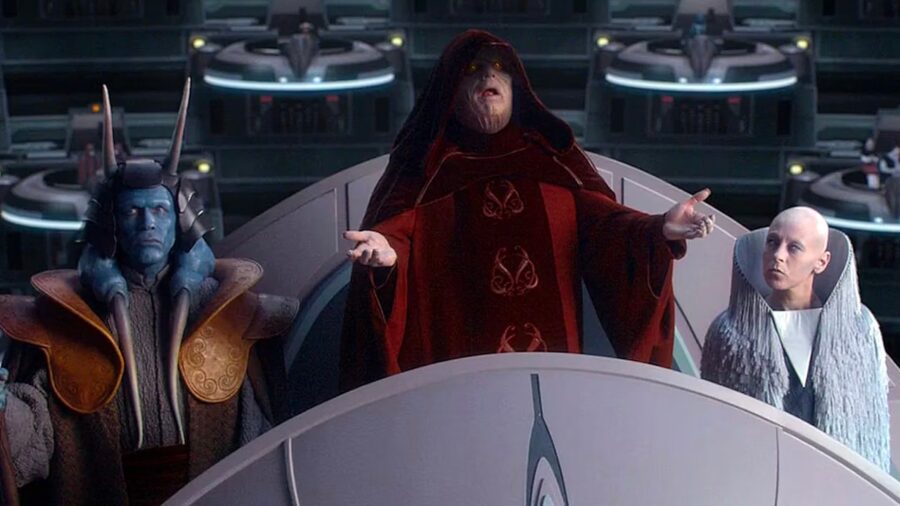
While the Star Wars Sequel Trilogy has its fans, most audiences would agree that these movies were such a disappointment that they made the much-maligned Prequel Trilogy look downright good. Ever since the credits rolled for The Rise of Skywalker, the fandom has endlessly argued about what these movies could have done better. Regarding that, I have a theory even hotter than those endless Qimir thirst traps on TikTok: the Star Wars sequels could have been better by focusing more on politics, the very thing that kept dragging the prequels down.
Space CNN
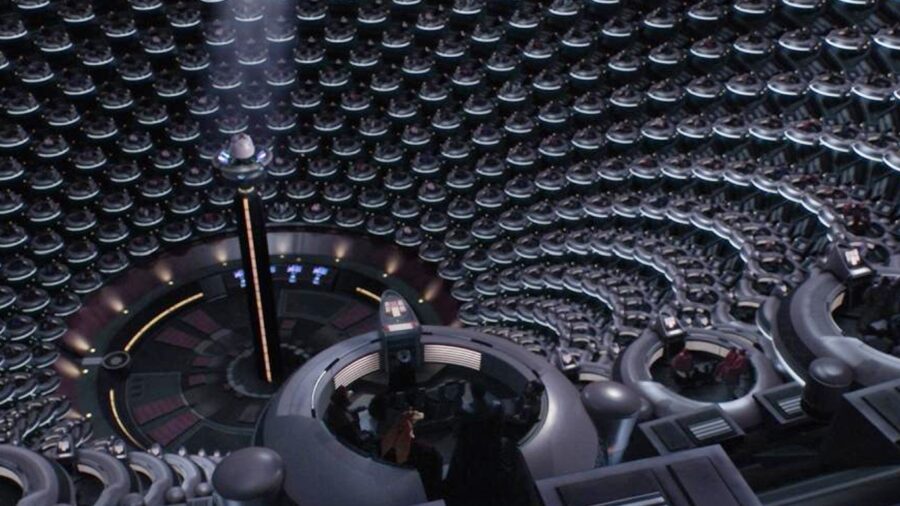
The Star Wars prequels obviously had plenty of their own problems, but one of the big ones that fans have complained about from the beginning was the emphasis on politics.
Historically, the best parts of Star Wars have been things like epic lightsaber duels and cool space battles, and while the prequels had those, they also had boring political subplots about how the previous Chancellor lost his job, how the Clone army was authorized for use in battle, and so on.
These things helped us see more of Palpatine’s rise to power, but let’s be honest: it’s tough to get excited about Star Wars scenes that feel like Space CNN.
The Sequels Needed More Politics
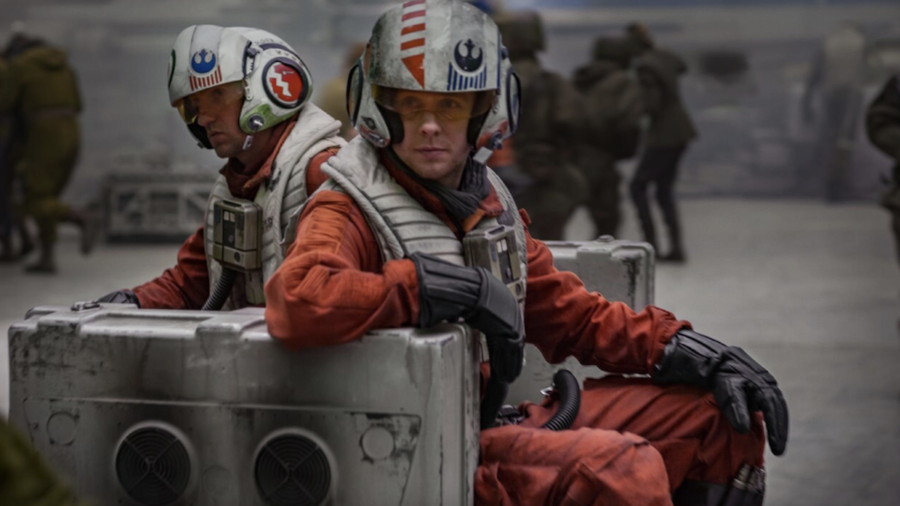
So, while there is obviously such a thing as Star Wars movies focusing too much on politics, the sequels have proven there is such a thing as focusing too little on them. If you simply watch the movies themselves, it’s not entirely clear what the relationship is between the First Order and the Galactic Empire aside from the similar uniforms, ships, and vehicles.
It’s also not clear what the Resistance is—like, why is it once again up to a small band of rebels to fight evil when Leia helped establish a new government in the ashes of the Empire?
Star Wars Shouldn’t Need Encyclopedias
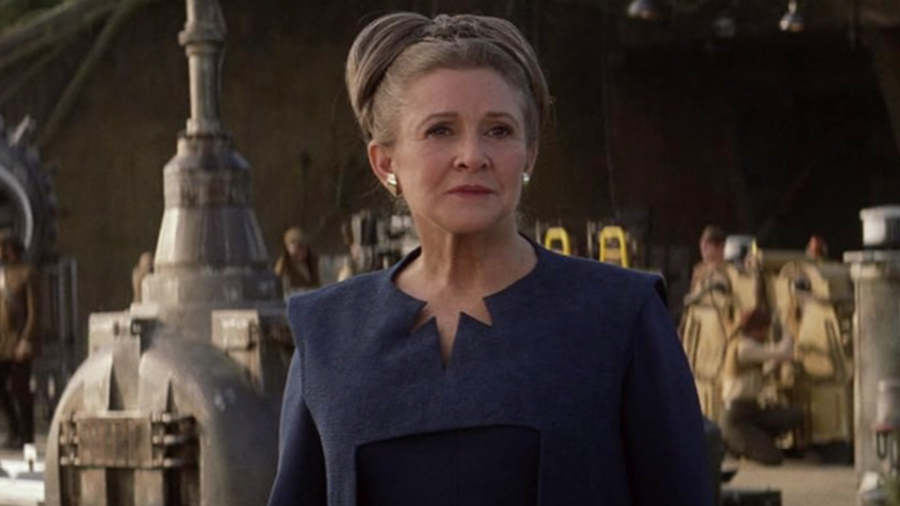
Now, right now, people with bookshelves full of Star Wars books are yelling at the screen that these questions about the politics of the sequels are answered in various books, comics, and so on.
If you’re one of those fans, I need you to take a deep breath and repeat after me: deliberately leaving out huge chunks of background and narrative is bad storytelling. If you have to buy a small library of ancillary texts just to figure out the basic background of your heroes and villains, then Disney has clearly failed to provide enough info in the movies themselves.
Too Many Unanswered Questions
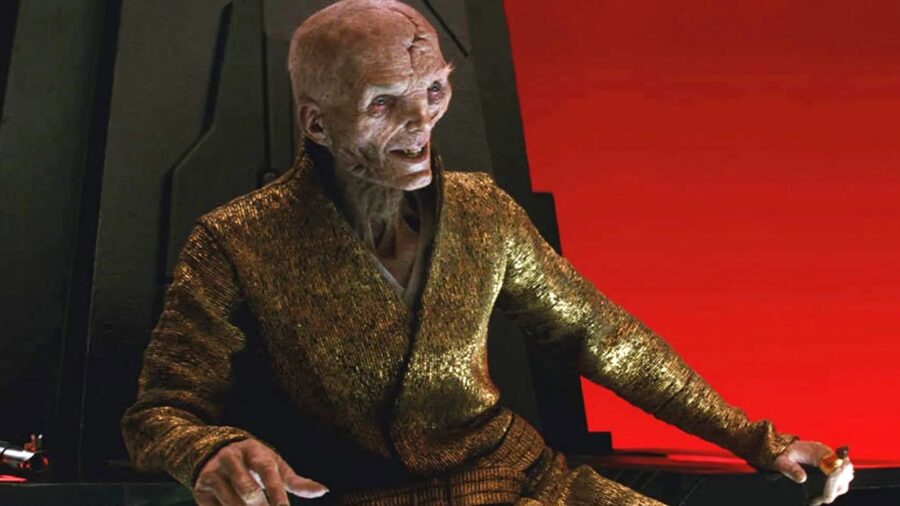
If the Star Wars sequels were more explicit about their politics, we wouldn’t just have some much-needed answers—we’d also have tighter, more well-rounded stories. For example, knowing more about the relationship between the Resistance and the New Republic might explain why nobody shows up at the end of The Last Jedi when Leia asks the galaxy for help.
And knowing more about the government back in The Force Awakens would have kept countless Star Wars fans from frantically Googling whether or not Coruscant was destroyed by Starkiller Base (it wasn’t, but you’d have to read yet another book to discover that).
With the Star Wars prequels, the politics most definitely made the films drag and generally made everything more boring. But if the sequels had at least some political info about these organizations and their leaders, we could have had a deeper and more resonant story about a galaxy far, far away with plenty of history.
Instead, we got weird cookie-cutter storytelling that boiled down to “good guys fight bad guys,” making it difficult to get invested in these new characters.
What Could Have Been
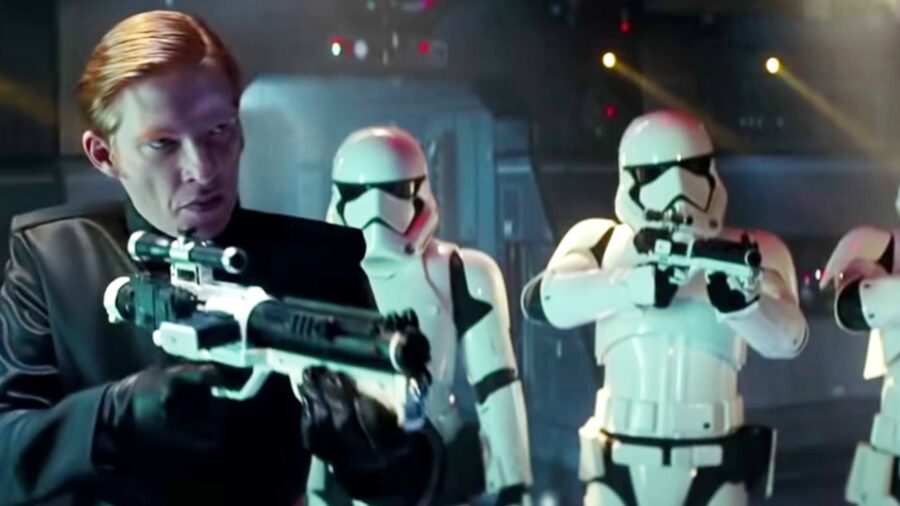
We’ll never know exactly what the Star Wars sequels could have been like in the hands of more talented filmmakers, but more politics could have ironically helped save these movies.
Of course, it’s a tad embarrassing having to explain to a giant media corporation like Disney that audiences need crucial background information in order to follow the story and care about the characters. The only thing that could be more embarrassing is having to explain to Disney that you plan trilogies out ahead of time instead of letting directors and writers simply make things up as they go along.












